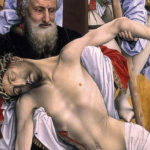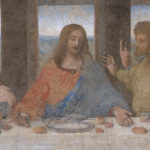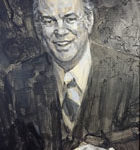
Let there be no doubt about it, the culture as represented in clothing adopted by the general society, called casual by those that favor it, and grungy for those who do not differentiate variety in the casual style, has affected Christians, both personally and in the congregation in the new millennium. There have been many clothing styles during my lifetime, some that have come and gone, and taken as signs of whether or not the person is a fuddy-duddy or with it in modernization. Of the breaks with moving changes that generally mark society, some have not been adopted by the elders in society and church attendees. At this writing casual has been adopted across the board for young and… Read more








